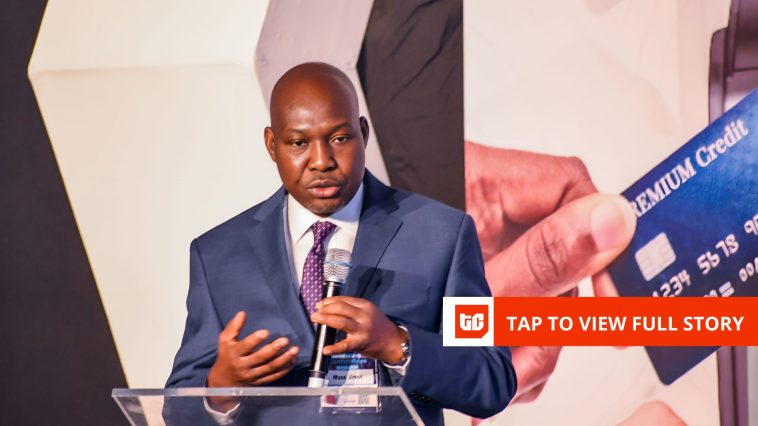Nigeria’s Central Bank (CBN) has reinstated Jimoh Musa Itopa, a director in the Payments System Management Department (PSMD). His return signals a significant leadership change in the crucial department responsible for licensing payment switching companies, regulating agent banks, and overseeing cashless policies and open banking initiatives. In 2023, he was reassigned to the Capacity Development Department, a unit responsible for training CBN staff.
“For the records, Mr Itopa was unaffected by the May 2024 restructuring exercise,” a CBN spokesperson told TechCabal. “He was only redeployed from the Payment Systems Management Department (PSMD) to the Capacity Development Department (CDD) in November 2023. His current re assignment to PSMD results from the Bank’s ongoing restructuring.”
Musa’s reinstatement raised questions about the CBN’s confidence in the current leadership of the PSMD, including acting director Oladimeji Yisa Taiwo and other deputy directors such as Dr. Isaiah Ademola Adeleke, who oversees payment system oversight and compliance division and Dr. Bukola Akinwunmi, head of payments policy and regulation.
One theory circulating in industry circles is that the CBN requires experienced hands like Musa to drive the department, especially with growing challenges in the digital payment landscape. His previous leadership experience, including his role as Chairman of the Nigerian e-Fraud Forum (NeFF) and the Nigerian Payments Initiatives Coordinating Committee (PICC), is seen as a potential asset for the CBN in navigating these complexities.
“This development means there is a capacity gap in the PSMD and is a vote of no confidence in its current leadership,” said one industry insider who asked not to be named to speak freely.
Musa’s reinstatement will likely impact the future direction of Nigeria’s payment systems policy, influencing key areas such as licensing, compliance, and the regulatory framework for payment infrastructure. The shift could have far-reaching effects on banks, fintechs, and payment service providers operating in the country.
Musa did not immediately respond to a request for comments.
The Central Bank has placed considerable focus on digital payments in recent years, aiming to reduce reliance on cash and foster greater financial inclusion, particularly as fintech startups continue to grow in influence.
In 2022, the CBN unveiled a five-year strategic roadmap to boost digital payments adoption. In 2023, the botched currency redesign policy created a cash shortage but also contributed to a surge in digital payments, as Nigerians increasingly turned to fintech apps like OPay and PalmPay for transactions. According to the CBN, online transactions in Nigeria surged to ₦476.89 trillion during the first half of 2024.
Editor’s note: A previous version of this article stated that Musa was affected by the May 2024 restructuring, it has now been updated after the CBN’s response.





GIPHY App Key not set. Please check settings